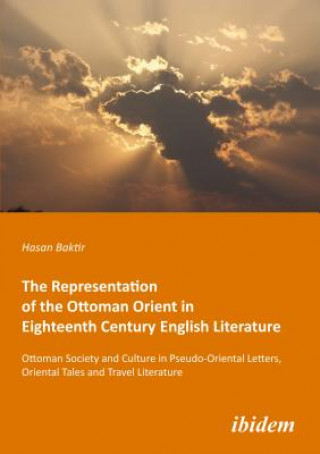
Kód: 06438469
Representation of the Ottoman Orient in Eigh - Ottoman Society and Culture in Pseudo-Oriental Letters, Oriental Tales, and Travel Literature
Autor Hasan Baktir
Noticing the importance of the fact that there is a growing interest in oriental countries and cultures, Hasan Baktir studies in his book the representation of the Ottoman Orient in 18th century English literature. He claims that ... celý popis
- Jazyk:
 Angličtina
Angličtina - Vazba: Brožovaná
- Počet stran: 220
Nakladatelství: ibidem-Verlag, Jessica Haunschild u Christian Schon, 2021
- Více informací o knize

1296 Kč

Skladem u dodavatele v malém množství
Odesíláme za 10-14 dnů
Potřebujete více kusů?Máte-li zájem o více kusů, prověřte, prosím, nejprve dostupnost titulu na naši zákaznické podpoře.
Přidat mezi přání
Mohlo by se vám také líbit
-

Very Odd Sort of Job
161 Kč -

Acequia
656 Kč -
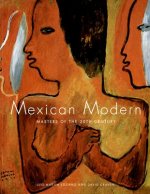
Mexican Modern
814 Kč -

Blues Play-Along
334 Kč -

Did British Capitalism Breed Inequality?
5234 Kč -
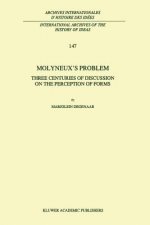
Molyneux's Problem
3313 Kč -

Carbon Capture and Storage in the Fight for Sustainable Environment
1490 Kč
Dárkový poukaz: Radost zaručena
- Darujte poukaz v libovolné hodnotě a my se postaráme o zbytek.
- Poukaz se vztahuje na celou naši nabídku.
- Elektronický poukaz vytisknete z e-mailu a můžete ihned darovat.
- Platnost poukazu je 12 měsíců od data vystavení.
Více informací o knize Representation of the Ottoman Orient in Eigh - Ottoman Society and Culture in Pseudo-Oriental Letters, Oriental Tales, and Travel Literature
Nákupem získáte 130 bodů
 Anotace knihy
Anotace knihy
Noticing the importance of the fact that there is a growing interest in oriental countries and cultures, Hasan Baktir studies in his book the representation of the Ottoman Orient in 18th century English literature. He claims that a comprehensive understanding of the representation of the Ottoman Orient requires a new perspective; therefore, he investigates different aspects of the interaction between the Ottoman Orient and 18th century Europe. §A number of questions continue to arise in the wake of Said s 1978 landmark study, Orientalism. How monodirectional was the flow of power in such representations? To what extent did the travelling observer also participate and become influenced by the phenomena he tried to depict without attachment? What variety of motivations lay behind the desire to know and represent the Oriental other was it simply a question of political control? Or were there deeper, more enigmatic factors at play sexuality, existential affirmation, even utter idiosyncrasy? How various and diverse was the Western response to the East can we discern degrees of sympathy, knowledge, and difference in the various Orients offered to us by the canonical and non-canonical figures of 18th century English letters? Baktir s study provides answers to many aspects of these questions, through a detailed examination of very different texts. §Baktir does not completely reject Said s argument that European writers created a separate discourse to represent the Orient; rather, he shows us that there was also a dialogic and negotiating tendency which did not make a radical distinction between the East and the West. Relying his argument on 18th century pseudo-oriental letters, oriental tales, and oriental travelogues, Baktir demonstrates that the representation of the Ottoman Orient in 18th century English literature differs essentially from earlier centuries because a developing critical and liberal spirit established a negotiation between the two worlds. In his study he indicates how the critical and inquisitive spirit of the age of Enlightenment interanimated Oriental and European cultures.
 Parametry knihy
Parametry knihy
Zařazení knihy Knihy v angličtině Literature & literary studies Literature: history & criticism Literary studies: general
1296 Kč
- Plný název: Representation of the Ottoman Orient in Eigh - Ottoman Society and Culture in Pseudo-Oriental Letters, Oriental Tales, and Travel Literature
- Autor: Hasan Baktir
- Jazyk:
 Angličtina
Angličtina - Vazba: Brožovaná
- Počet stran: 220
- EAN: 9783838201320
- ISBN: 9783838201320
- ID: 06438469
- Nakladatelství: ibidem-Verlag, Jessica Haunschild u Christian Schon
- Hmotnost: 294 g
- Rozměry: 208 × 149 × 13 mm
- Datum vydání: 07. December 2021
Oblíbené z jiného soudku
-

How to Read a Book
441 Kč -

Hamlet: The Oxford Shakespeare
236 Kč -
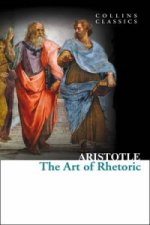
Art of Rhetoric
90 Kč -
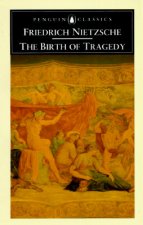
Birth of Tragedy
248 Kč -

Selected Essays
276 Kč -

Complete Short Stories of Ambrose Bierce
493 Kč -

Serpent Power
519 Kč -

Moby-Dick
465 Kč -

Annotated Alice
306 Kč -

Nordic Noir
410 Kč -

Marquis de Sade: A Very Short Introduction
275 Kč -

Children's Fantasy Literature
670 Kč -

Mysteries of Udolpho
286 Kč -

Joseph Andrews and Shamela
226 Kč -
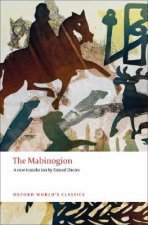
Mabinogion
276 Kč -

The Picture of Dorian Gray
182 Kč -
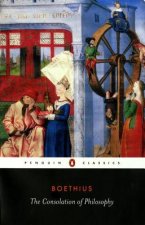
Consolation of Philosophy
276 Kč -

Seven Basic Plots
545 Kč -

Gulliver's Travels
170 Kč -

Life of Samuel Johnson
623 Kč -

Powers of Horror
976 Kč -

Sejong Korean Student Book 2A - English Edition, m. 1 Audio
733 Kč -

Road to Hel
1460 Kč -
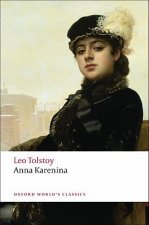
Anna Karenina
217 Kč -

Wide Sargasso Sea
223 Kč -

Edda
240 Kč -

Finn and Hengest
249 Kč -
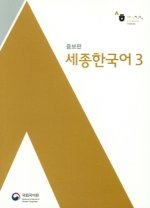
Sejong Korean 3, m. 1 Audio
681 Kč -
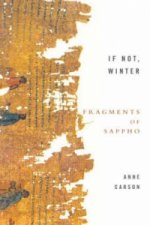
If Not, Winter: Fragments Of Sappho
464 Kč -

Africa's Tarnished Name
139 Kč -

Complete Poetry
219 Kč -

Captain is Out to Lunch
338 Kč -

Devils
268 Kč -

Two Treatises of Government
254 Kč -
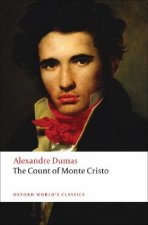
Count of Monte Cristo
276 Kč -

Moveable Feast
254 Kč -

Moveable Feast
276 Kč -
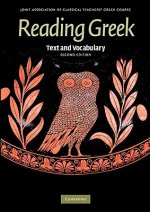
Reading Greek
946 Kč -

Dream Story
278 Kč -
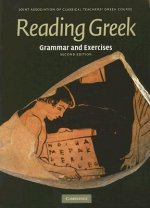
Reading Greek
1072 Kč -

Analysis of Donna Haraway's A Cyborg Manifesto
233 Kč -
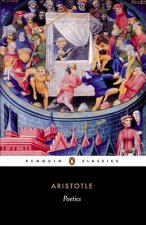
Poetics
276 Kč -
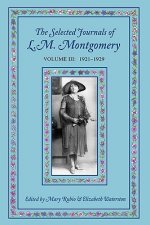
Selected Journals of Lm Montgomery Volume III 1921-1929
514 Kč -

Leaves of Grass
442 Kč -
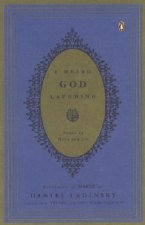
I Heard God Laughing
382 Kč -

Tragedy of King Richard III: The Oxford Shakespeare
234 Kč -

Sejong Korean Student Book 1B - Korean Version, m. 1 Audio
733 Kč -

Wild Ass's Skin
316 Kč -

Cambridge Greek Lexicon 2 Volume Hardback Set
2411 Kč
Osobní odběr Praha, Brno a 12903 dalších
Copyright ©2008-24 nejlevnejsi-knihy.cz Všechna práva vyhrazenaSoukromíCookies


 Vrácení do měsíce
Vrácení do měsíce 571 999 099 (8-15.30h)
571 999 099 (8-15.30h)